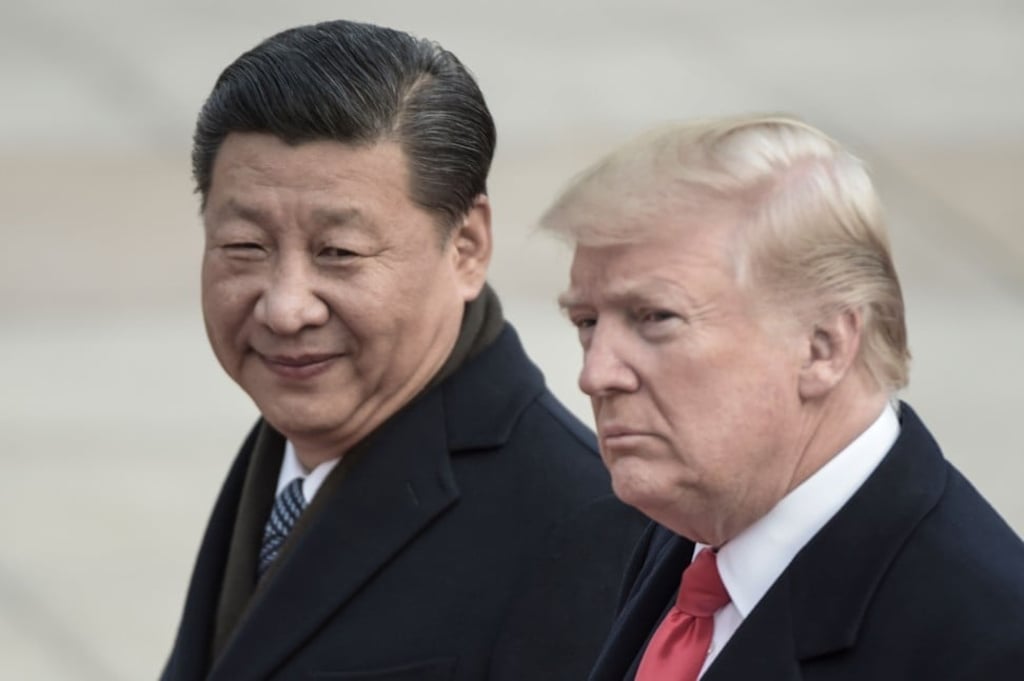China tightens ‘national security’ review for foreign investments, sparking fears of trade war retaliation
- NDRC quietly takes over sole responsibility of national security reviews of foreign investments, as part of new foreign investment law
- China’s state planner has broader remit than US counterparts with little transparency, leading to concerns over trade war retribution

There was little fanfare last month when China’s central planning agency quietly had its remit expanded to govern whether inward investments threaten national security.
However, experts are suggesting that the new powers, together with a new article in its foreign investment law, gives China a legitimate platform to make a strong legal case against US firms investing in the country, as the trade war escalates.
The National Development and Reform Commission (NDRC) is now charged with reviewing foreign investments to ensure they are in line with “economic security”, which has been made a top governmental priority. The state planner has had its authority beefed up in the process.
The new security review procedure was introduced through a brief notice published online in April by the NDRC. The note stated that its public service department would start accepting applications for national security reviews of foreign investment deals because of an “adjustment of departmental responsibility”.
What appears to be a simple logistical adjustment for applicants, however, could signal a bigger change in the national security review process for foreign investors, especially in sectors that the Chinese government deems sensitive, according to analysts and lawyers.
